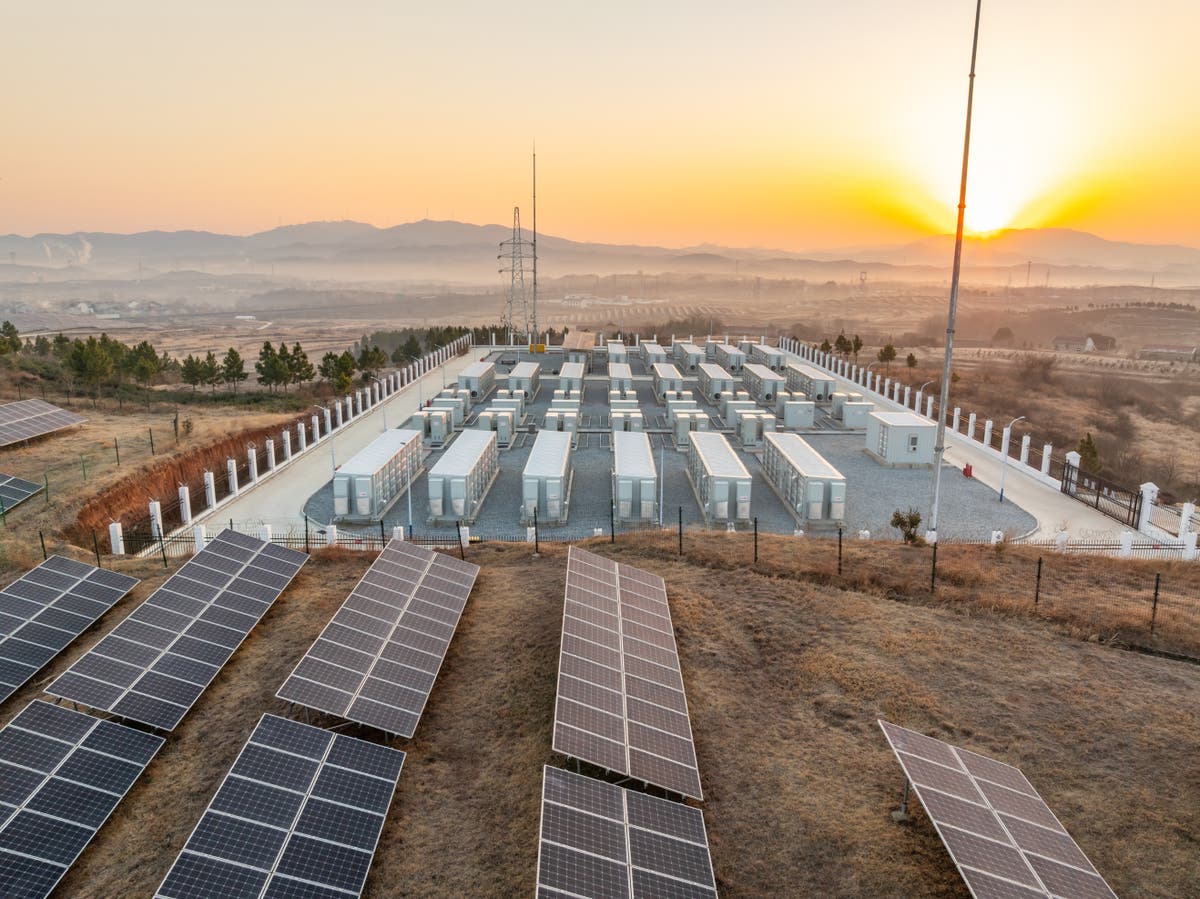Britian’s richest industrialist and the co-owner of Manchester United, Sir Jim Ratcliffe, has splurged £591m (€710m) on his car making project last year as it geared up production.
Ineos Automotive, which makes the Grenadier offroader, now owes the rest of Sir Jim’s chemical-making empire €2.43bn after it borrowed €710m more.
The company posted a loss of €431m last year, slightly better than its 2022 performance, after booking its first sales.
But the company, founded in 2018, has been dogged by supply chain problems which closed down its factory in France earlier this year after one of its suppliers ran into financial trouble and its supply of seats ran dry.
Ineos Automotive was founded after Sir Jim decided to make a successor to the Land Rover Defender after Jaguar Land Rover halted production of the farmer’s favourite.
He came up with the idea in a pub named the Grenadier in 2017. Deliveries of the first cars began in December 2022.
On top of the Grenadier Ineos has also developed the Quartermaster, which is a pickup version of the vehicle and an electric version, the Fusilier, is in the works, which will sell from 2028.
Sir Jim had planned to make the motors in Bridgend in Wales, but a ready-built car factory in Hambach, France became available, providing a readily available workforce and easy access to suppliers on the continent.
Sir Jim is the fourth-richest Briton, according to the Sunday Times rich list, with £23.5bn of wealth.
He made his fortune in chemicals, snapping up unloved plants from big operators including BP. His chemicals go into plastics including those found in Lego bricks.
He has since expanded into soap after making hand sanitizer during the pandemic and he owns biker jacket maker Belstaff, which he has also had to prop up after it posted losses in 2021.
As well as owning a stake in Manchester United, he owns French Ligue 1 team OGC Nice and Swiss FC Lausanne-Sport.
Ineos, of which he owns just under two-thirds, is also joint-owner of the Grangemouth oil refinery in Scotland with PetroChina. It was announced last month that the refinery would close in 2025, with the loss of 400 jobs as part of a deal to turn it into a fuel import terminal instead.
Ineos and PetroChina said the refinery had been recently lossmaking and could not compete with newer, cheaper plants in the Middle East, Africa and Asia.
Source: independent.co.uk



